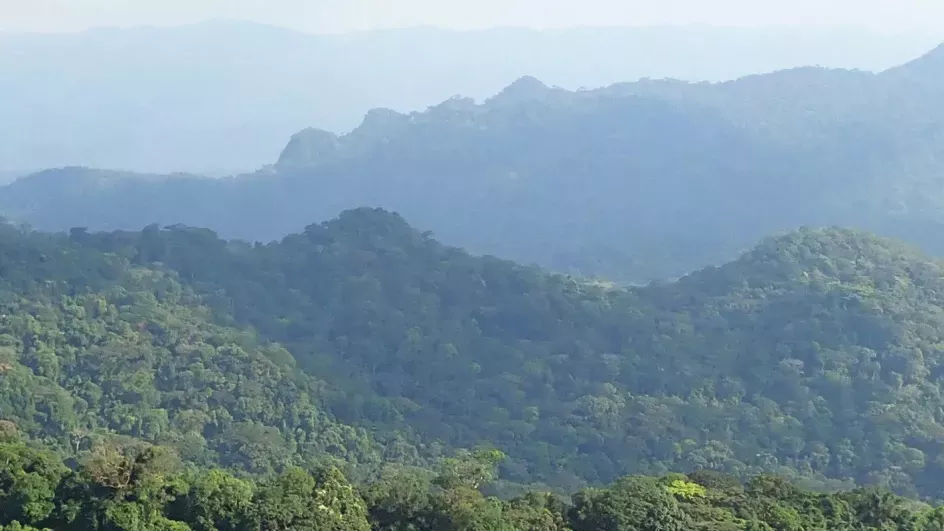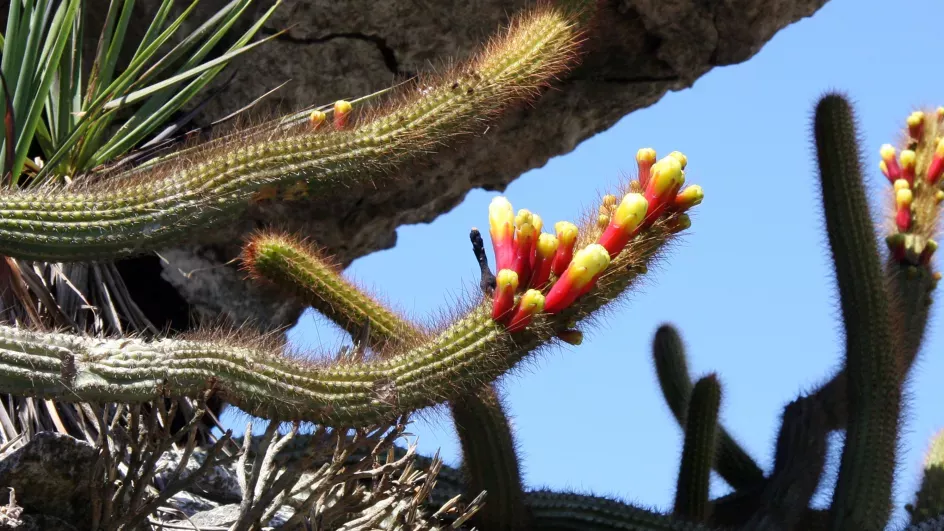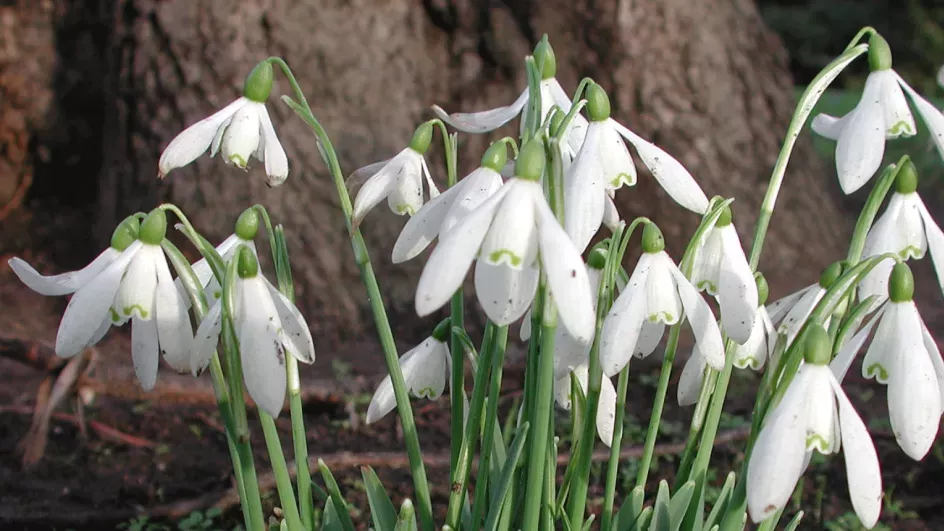UK CITES Scientific Authority for Flora
We provide independent and impartial scientific advice on the Convention on International Trade in Endangered Species of Wild Fauna and Flora (CITES).

The Convention on International Trade in Endangered Species of Wild Fauna and Flora (CITES) is an international agreement between governments which aims to regulate the international trade of threatened plant and animal species.
The Convention has been signed by over 180 countries and protects listed plants and animals from unsustainable exploitation in the wild due to international trade.
How is it organised?
Each country signed up to the Convention designates a Management Authority and a Scientific Authority. In the UK, the Management Authorities are the Department for Environment, Food and Rural Affairs (Defra) for policy, and the Animal and Plant Health Agency (APHA) for issuing permits and certificates. The UK Scientific Authorities are Kew for plants and the Joint Nature Conservation Committee (JNCC) for animals.
What do we do?
As the CITES Scientific Authority we provide independent and impartial scientific advice to Defra and APHA to help develop Government policy and advise on CITES licence applications. We conduct non-detriment findings and research in support of sustainable international trade of wild plant species.
We represent the UK at many wildlife trade meetings and participate in delegations to CITES meetings (Standing Committee, Plants Committee, EU Scientific Review Group, and the Conference of the Parties). We report on plant issues and listing changes in CITES and review, amend and maintain species checklists approved at the Conference of the Parties.
The main plant families involved
CITES regulates around 30,000 plants threatened, or potentially threatened, by international trade. The main plant families listed on CITES include orchids, aloes, succulent euphorbias, cacti and cycads. Plants listed on CITES often have medicinal, timber, ornamental or cosmetic value and hence the importance of regulating trade and conserving wild populations.
How to contact us
For further information about any aspects of CITES and plants, please contact us at:
CITES Scientific Authority for Flora
Jodrell Laboratory, Room 2.7
Royal Botanic Gardens, Kew
Richmond
TW9 3AB
UK
Email: CITES@kew.org
Explore more
-

Kew at COP15
Kew experts are attending the UN Biodiversity Conference (Fifteenth meeting of the Conference of the Parties (COP-15) to the Convention on Biological Diversity (CBD)) and the pre-meetings in Nairobi, Kenya in June 2022.
-

-
